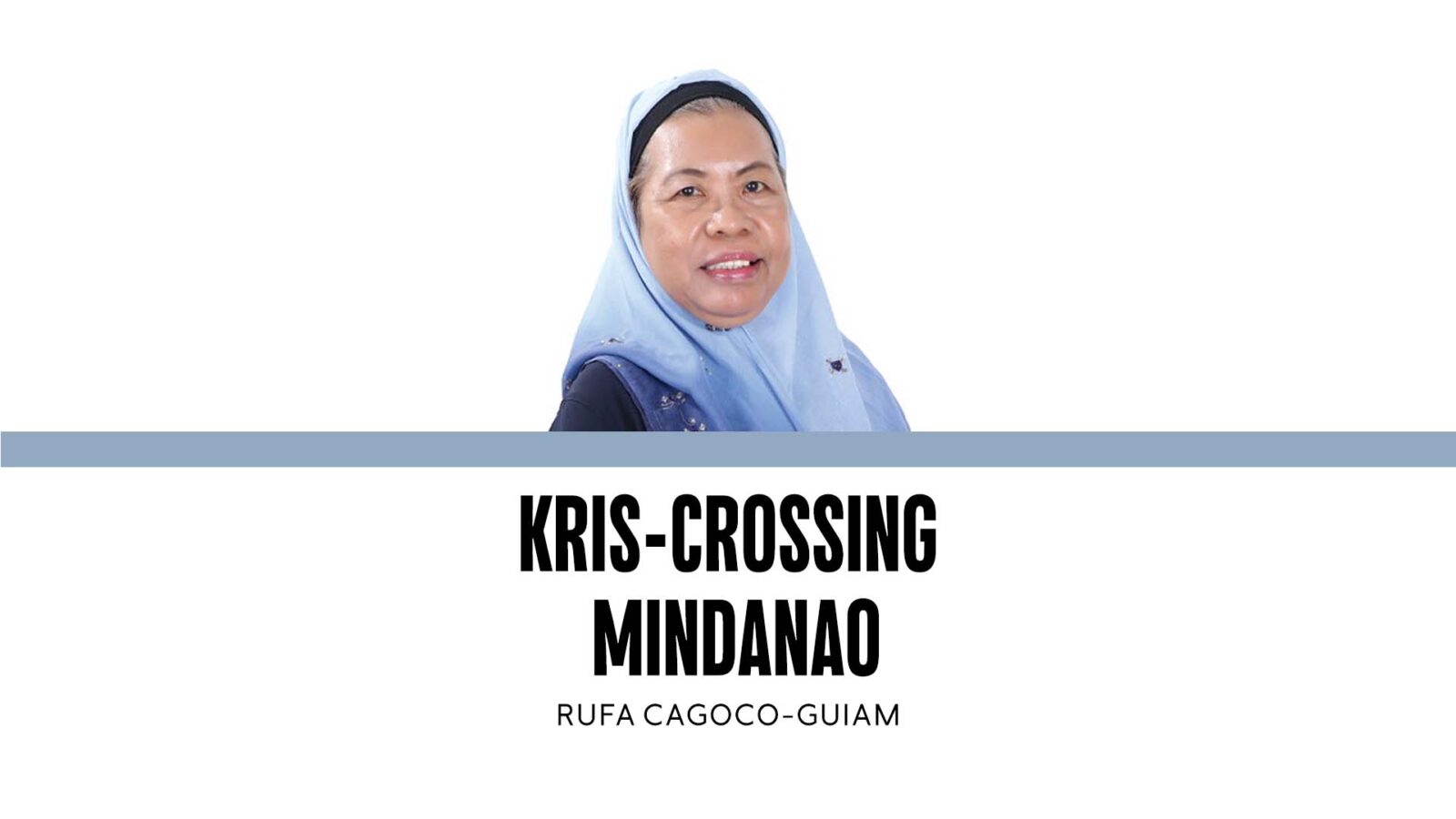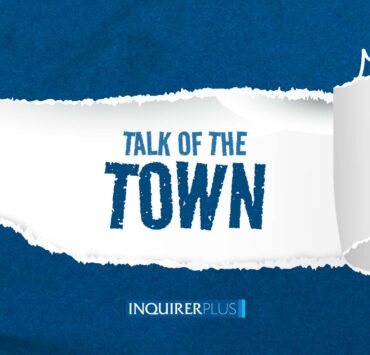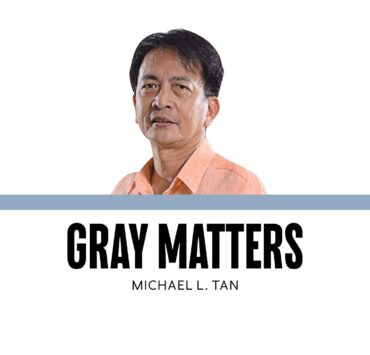Dealing with ‘inconvenient truths’ (2)

Publicly disclosing the truths about government anomalies and other irregularities, even scandals, can be unsettling for those who are comfortably ensconced in their ivory towers of power. They try their best to discredit those who speak the truth by concocting unsavory stories about them.
We have seen this happen during the time of former President Rodrigo Duterte. Those who spoke the truth about Duterte’s deadly war on drugs were subjected to severe heckling and ridicule on social media.
A few brave women, like former senator and now Mamamayang Liberal party list Rep. Leila de Lima and journalist Maria Ressa, had to suffer inordinately because of publicly disclosing the truths about Duterte and his deadly war on drugs. De Lima was incarcerated without the benefit of a trial on trumped-up charges that linked her to the illegal drug trade. Some social media posts even portrayed De Lima as having questionable moral integrity, linking her to an alleged sex scandal that was proven to be a deepfake, artificial intelligence-generated video. On the other hand, Ressa, who later became a recipient of the prestigious Nobel Peace Prize, was harassed with several court cases involving the alleged questionable ownership of her media group.
One journalist, Patricia Evangelista, who published her documentation of the extrajudicial killings associated with Duterte’s war on drugs, had to banish herself completely to escape possible harm that her book, “Some People Need Killing,” might bring her.
I also received various online hate and threat messages whenever I critiqued Duterte and his minions in this column. One of these messages caused a lot of anxiety for my family and friends, who worried that these threats would translate into actual physical harm to me. I also had to “unfriend” some of those whom I considered to be my fellow peace advocates but who turned out to be die-hard Duterte fanatics. I also had to deal with some relatives, who are still, up to now, convinced of Duterte being a “strong and decisive” president and have joined the call to bring him back to Davao City. Such a stance has driven a wedge in our relationship as members of the same family group.
We have just seen a massive public reaction to the various truths about scandalous flood control projects, not only in mainstream but also on social and other alternative media platforms.
However, such disclosures and exposures of how these corrupt practices were done—under the purview and connivance of state actors and representatives—have just led to wholesale disappointment that nothing has happened to address these. Nobody has been hauled to court, nobody has been arrested, and some of those whose hands have been dirtied as conniving partners in the corrupt practices of contractors are still holding on to their government positions. Some of them even serve as part of the committee that is investigating these anomalies.
Think of drug lords running the Philippine Drug Enforcement Agency or landlords managing the country’s agrarian reform programs. Will we eventually become a rogue state ruled by rogues and criminals? God forbid.
Or how can one senator be the former chair of the blue ribbon committee when his family is part of an insurance company that has guaranteed anomalous “ghost” flood control projects? It is a good thing he has been replaced.
If this is how the present administration deals with inconvenient truths about anomalous flood control projects and other related corrupt practices, then it can be said that it is no better than the previous administration’s way of dealing with inconvenient truths, except perhaps that this administration of President Marcos seems to be veering away from Duterte’s use of impunity in many of his policies and programs.
But it is not enough to uncover the truths about corrupt practices. There should be consequent action—punitive and restorative action—that should be meted out to those found with incontrovertible evidence of their corrupt practices.
Within all these scandalous revelations, Sen. Alan Peter Cayetano said that repentance is enough to answer for one’s anomalous practices like vote-buying, getting kickbacks from government projects, and other related indiscretions. But even his own brother, former Mayor Lino Cayetano, disagrees with him.
Disclosure and repentance are not enough to cover up inconvenient truths about one’s malpractices as a government official. Those who have been found to have engaged in such dishonesty and serious betrayal of public trust must be punished appropriately and must provide the needed compensation for the harm they have done to the people.
—————-
Comments to rcguiam@gmail.com


















Why industrial revival fails without SMEs